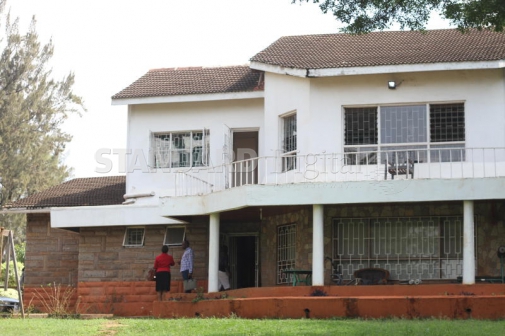×
The Standard e-Paper
Smart Minds Choose Us

Deep inside Thindigua in Kiambu County is the Teen Challenge Kenya (TCK) rehabilitation centre. We drive in through gates that are wide open – the first indication of the centre’s approach to helping addicts regain control of their lives. No one is locked up and they stay because they want to.
Another difference is that the programme, which is open to all (as long as you are 18 and above) and based on the Christian faith, is 12 months long – unlike the more common three to six months.